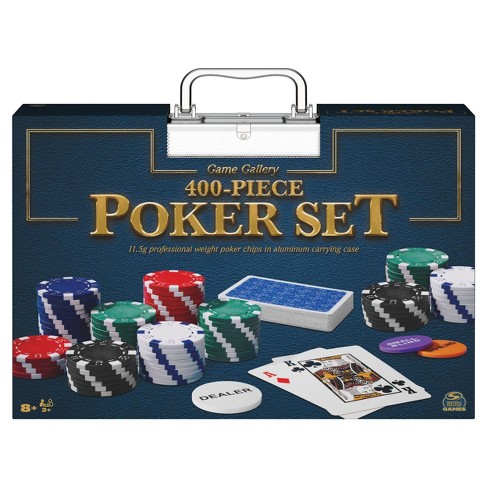
Poker is a card game that involves betting between players. Each player must place into the pot, or pool, a number of chips that is at least equal to the total contribution made by the players before him. Each player may also “raise” his bet, putting in more than the last person; or he may “drop,” in which case he discards his hand and is out of the betting for that round.
While some people play poker simply for fun or to unwind after a long day at work, others seek the competitive challenge that comes with playing high stakes poker and strive for greatness at the tables. There are even some who have taken the game to a professional level, competing at major tournaments and winning big prizes in the process. But, regardless of whether you play poker for pleasure or professionally, the game can offer a host of cognitive benefits.
The game teaches us to evaluate risks and make calculated decisions. It also improves our ability to assess the strength of our hands, a skill that can be applied in many areas of life. Additionally, poker pushes our math skills in the right direction, teaching us to think about odds and probabilities — not just in the basic 1+1=2 sense, but in a more nuanced manner.
If you want to learn more about the math behind poker, I recommend reading this book on the topic. It explores balance, frequencies, and ranges in a way that is highly applicable to the game and can help you refine your strategy.

